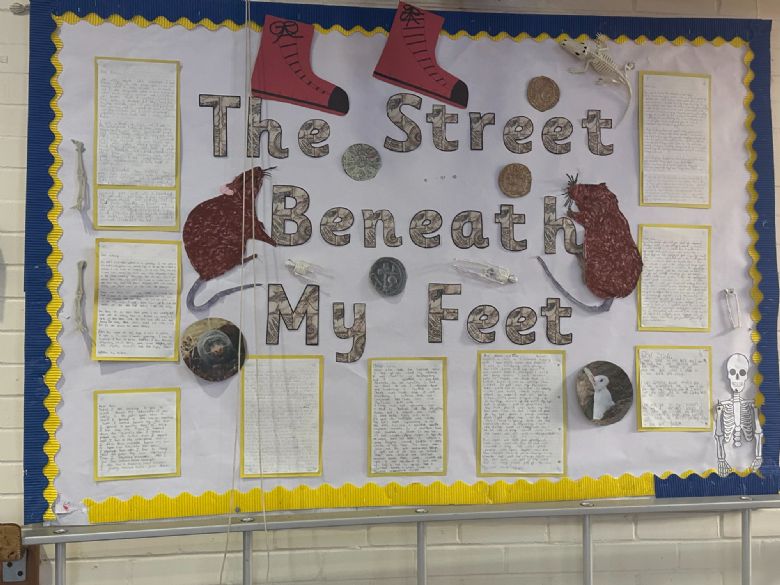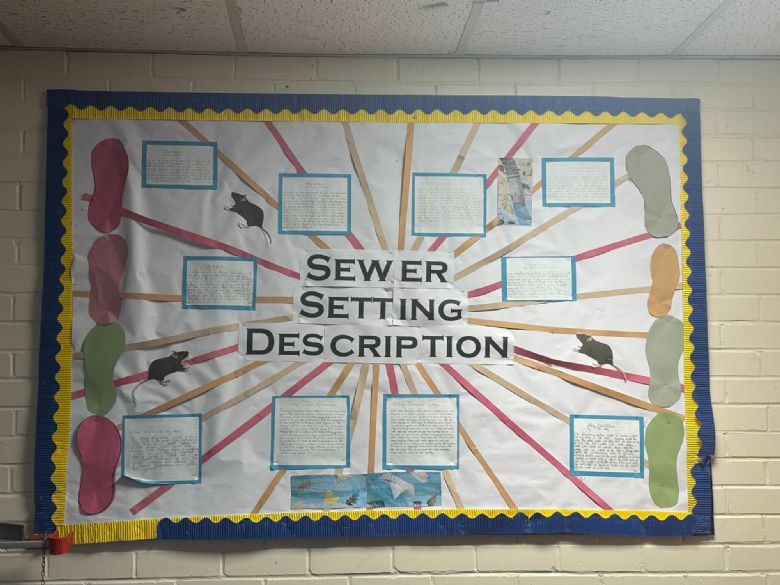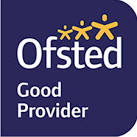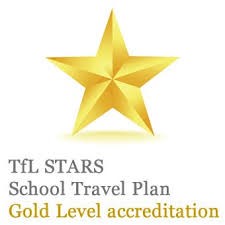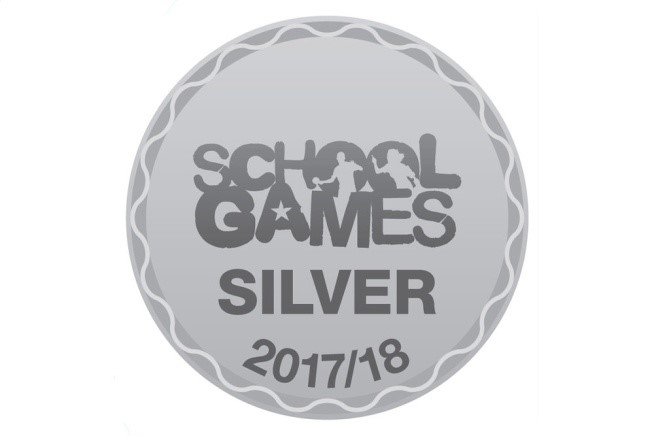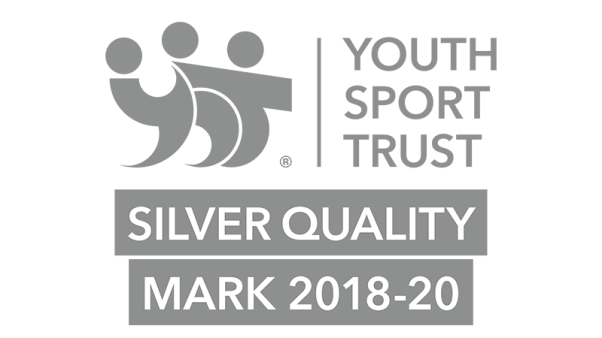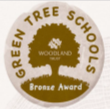Writing
Writing at
Earlsmead Primary School
Implementation
At Earlsmead, we use the Read, Steady, Write scheme of work which empowers teachers to provide high-quality teaching of writing through children’s high-quality literature (Vehicle Texts). The units of work centre on engaging, vocabulary-rich texts, with a wealth of writing opportunities. Several of these carefully selected Vehicle Texts have strong thematic links to our Science, History and Geography curriculum.
The National Curriculum states that spoken language underpins the development of reading and writing and, with oracy being such a high priority for children at Earlsmead Primary School, we weave talk opportunities into every lesson. Using a variety of drama strategies and groupings for talk, children have numerous opportunities to orally explore a text type before they start to write.
The national curriculum and EYFS framework is used to inform the planning and delivery of the writing curriculum at Earlsmead. Writing is taught explicitly in English lessons and skills learnt are regularly reinforced within lessons across the curriculum. Using a combination of novels, film, poetry and relevant real life events, learning is fun, meaningful and memorable.
Having studied different texts, pupils immerse themselves in the language and structure of these to create their own toolkit – an aid to writing. This ensures that language patterns, punctuation and key phrases are internalised by the children so that they become confident and competent writers. Repeated practice of writing genres ensures that pupils leave our school capable of writing for different audiences and purposes.
We believe that good writers need ideas and vocabulary, and in order to do this, children need to be taught explicit and systematic strategies to spell correctly. These strategies will allow children to reduce their cognitive load and free their mind to focus on other aspects of writing. Therefore, we use the Twinkl scheme to teach Spellings from Years 2-6. The programme ensures that children spell new words correctly and have plenty of practice spelling them, including exception words and homophones. Children learn to spell words as accurately as possible using their phonic knowledge and are supported in understanding and applying the concepts of word structure.
The teaching of grammar and standard English is an integral part of every writing lesson and across the whole curriculum. Using the national curriculum, key grammar and standard English skills are taught progressively and systematically throughout the school. This is embedded by giving children the opportunity to practise these at the start of each English lesson as well as during PARCs (Practise and Recall Sessions) on Wednesday mornings.
Teachers model the process of writing within every English unit so that children understand the thought process behind writing. During this process, teachers think out loud, edit and demonstrate how and why they have structured their writing in the way that they have. Children are then given the opportunity to participate in a shared write, where everybody contributes to the writing outcome. This is scaffolded further into paired, supported and finally independent writing.
Impact
Teachers use assessment as an integral part of the teaching and learning process and link it clearly to the children’s next steps:
- Formative assessment tracking grids (statements taken from the national curriculum).
- Constructive marking: teachers leave next steps in books when marking to ensure that children know exactly what they need to do next to make progress in their writing, and children are encouraged to respond to this in orange pen.
- 2-3 pieces of ‘extended writing’ per half-term which are used as part of our summative assessment processes to track progress and inform future planning.
The impact on our children is that they have the knowledge and skills to be able to write successfully for a purpose and audience. With the implementation of the writing sequence being established and taught in both key stages, children become more confident writers and have the ability to plan, draft and edit their own work.
By the end of key stage 2, children will have developed a writer’s craft: they enjoy sustained writing and can manipulate language, grammar and punctuation to create effect. As all aspects of English are an integral part of the curriculum, cross-curricular writing standards are also improved and skills taught in the English lessons are transferred into other subjects; this shows consolidation of skills and a deeper understanding of how and when to use specific language, grammar and punctuation.


